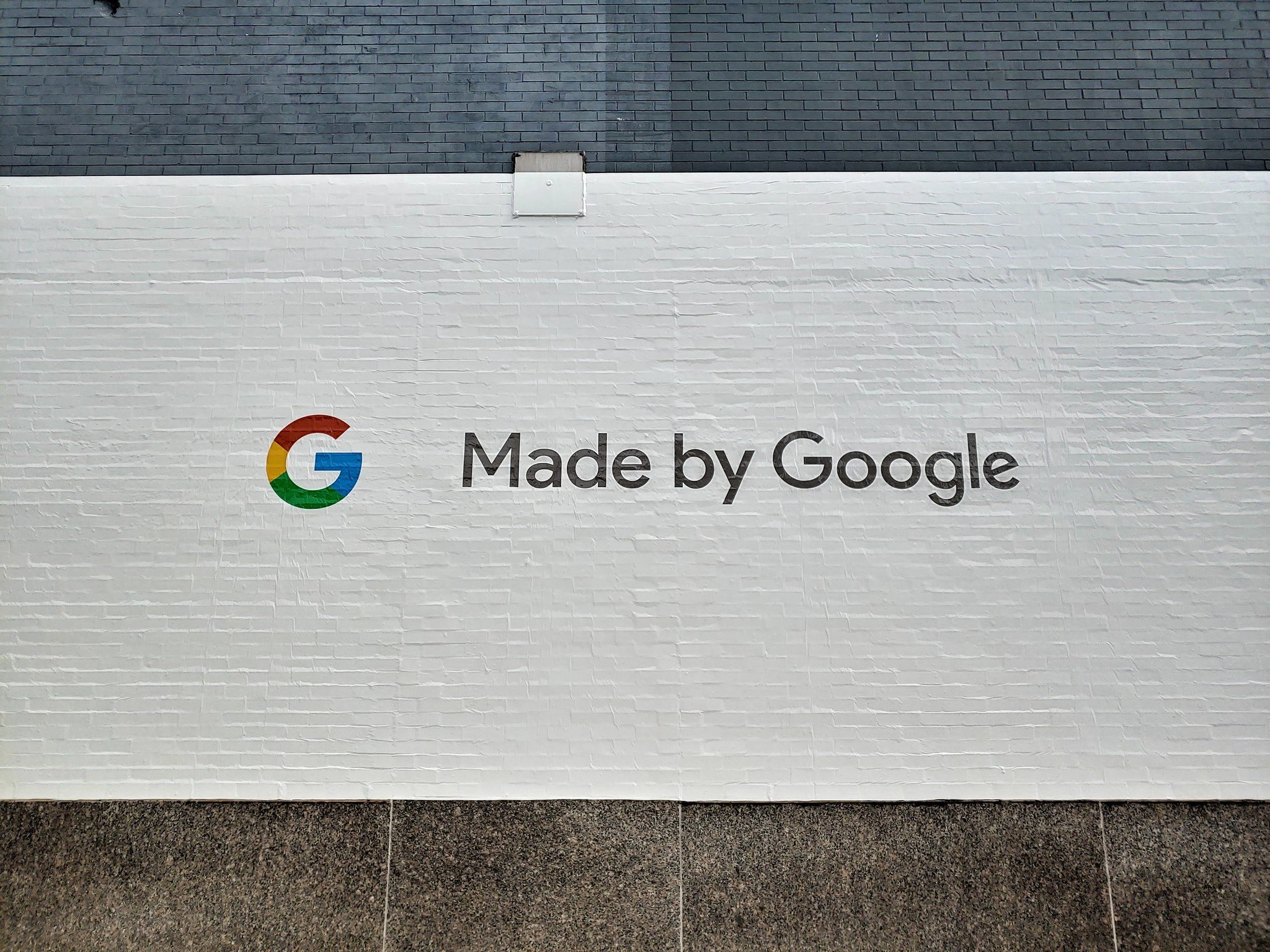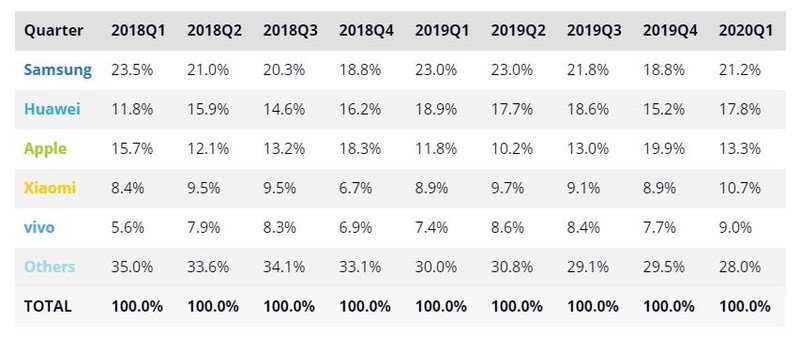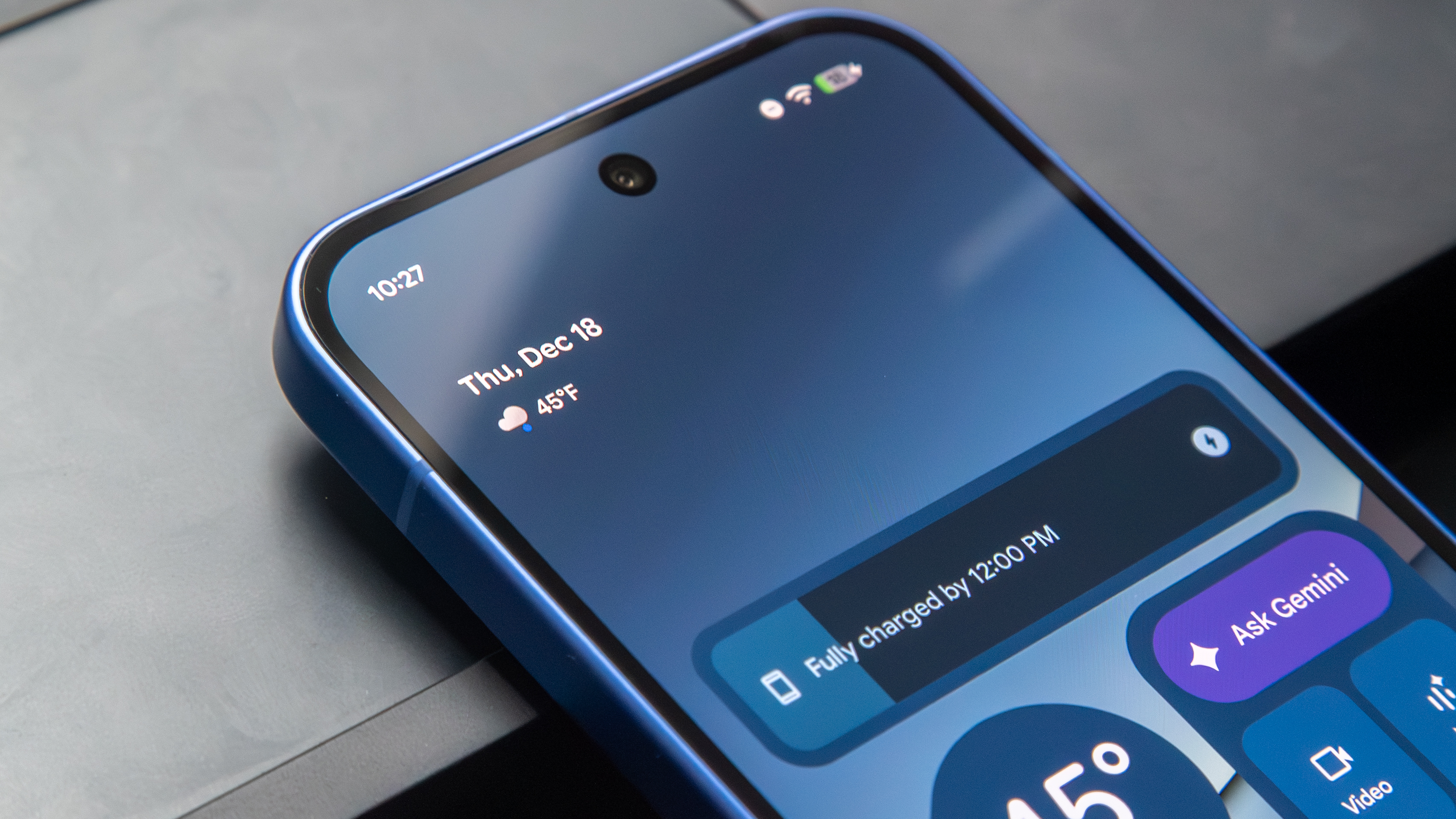Google is playing the long game with its hardware company acquisitions

Google has a tech addiction. Like many who suffer from the same affliction, it has a drawer filled with all the things it has bought but never used except its drawer is filled with corporate ownership papers instead of boxes and cables.
Look back at Google's recent purchases: HTC hardware engineers, Nest, Motorola, Fitbit, bits and pieces of Fossil, and now North. Google has shelled out billions for these acquisitions and we've not seen much change on the consumer-facing side because of it.
We expect more every time Google buys another company. Sometimes we don't get it.
I'm not saying any of these purchases were a bad idea, I'm just saying that things like rebranding Nest products into "Nest by Google" or not having a third party oversee the manufacture of Pixel phones isn't exactly what we expected when we heard Google had bought yet another hardware brand.
I'll go a step further and say that some of these acquisitions made perfect sense, like buying Motorola's hardware division and smartphone-based patent portfolio, for example. It was us expecting more that made it all seem like a letdown. Someone inside Google's management carefully considers all aspects of a deal before it happens and we can only play armchair quarterback.
But a look at what exactly Google now owns and a little thought about what Google sees as the future of computing and the internet can help us piece together a strategy that it has surely already thought about — an entire ecosystem of mobile, wearable, and smart home products that are so good people will want to buy them.
I think that has been the plan all along. When you have billions to spend, you can play the long game. Google has more than a nameplate from these purchases. It has what is most important: ideas and people who can make them a reality. Google needs to make the next step happen itself instead of depending on partners and it has the pieces to do it.

Android is a bigger success than even Google anticipated because of hardware partners. According to IDC, Apple makes around 15%of the world's smartphones and companies that use Android make up the rest. That's a lot of Google in a lot of hands, but because the market is so one-sided, Google has to play by special rules or end up in court for abusing its dominance. And Google almost certainly doesn't like how it has to operate when it comes to smartphones.
Get the latest news from Android Central, your trusted companion in the world of Android
Google needs to get the right people with the right ideas if it wants to succeed under its own brand.
How to fix this is pretty simple — don't depend on companies like Samsung to distribute your next great idea. The problem is that Google is really good at writing software to do just about anything once the initial bugs are ironed out but so many other companies are better at building hardware. For Google to make sure it is on your face, on your wrist, on your coffee table, inside your heat and AC system, in your car, in your laptop bag, and in your pocket it either has to get good at building things or let other companies help decide how it is going to happen.
Look again and the companies Google has purchased while thinking about something everyone is certain will happen: Google is also going to start building its own chips. Google Glass 2 and a Pixel Watch are almost certainly going to happen, but more importantly, to Google at least, your smart and connected home is going to be built from Google's own products. Smart Wi-FI, smart locks, smart lighting, smart window blinds, garage door openers, washing machines, refrigerators, you name it. Every appliance or other mundane thing you own can be made better if it is automated in some fashion and Google Assistant is a platform that can bring everything together.
Google isn't like someone who wins the lottery and is broke in a year. Financial experts work with all branches of the company to buy exactly what Google thinks it needs to be even more successful. Google isn't dumb and is playing the long game.

Jerry is an amateur woodworker and struggling shade tree mechanic. There's nothing he can't take apart, but many things he can't reassemble. You'll find him writing and speaking his loud opinion on Android Central and occasionally on Threads.
